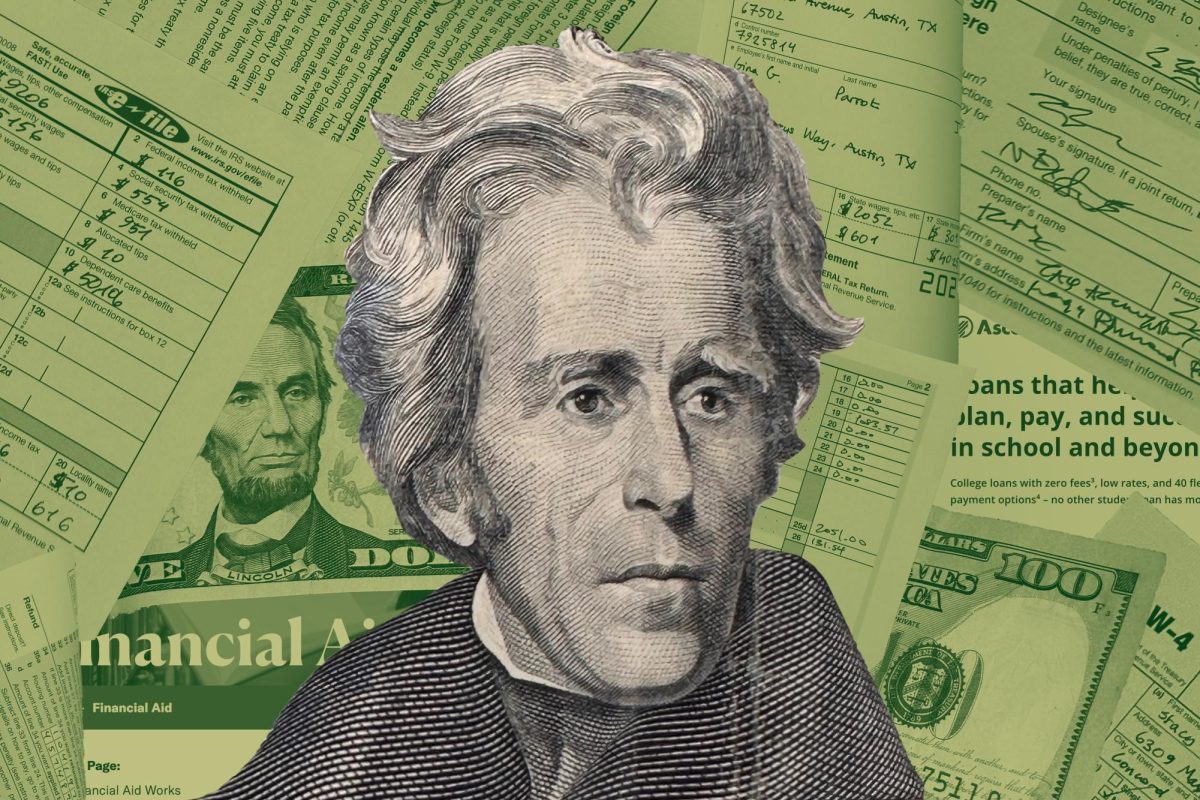AB 2927, a Californian bill that requires a semester-long personal financial literacy course to be implemented in high schools, was passed on June 29, 2024. Assembly member Kevin McCarty (D-Calif.) authored the bill, requiring the course to be offered by the 2027-2028 school year and to be a graduation requirement by the 2030-2031 school year.
Natalie Shin, McCarty’s Legislative Director and the lead staffer on AB 2927, says that McCarty’s office has been working on a bill mandating financial literacy education in high schools for two years. In 2023, they proposed AB 984, an earlier version of a high school financial literacy requirement bill, but the California State Assembly’s Committee on Education forced it to be significantly reduced. Instead of pushing to get the reduced bill implemented, Shin says that McCarty decided to hold the bill until 2024, when they tried again with the more detailed bill, AB 2927. McCarty’s office worked closely with Next Gen Personal Finance, a nonprofit organization, due to their experience with implementing financial literacy requirement bills in other states.
“It’s unacceptable that students have to go on TikTok to get any sort of formal, financial education,” Shin said. “They should be able to learn that at their school. Now having my own career, I wish I understood investing in stocks and retirement funds. This is a time in students’ lives where they’re applying to college and a lot of people don’t know what the difference is between a scholarship and a student loan, and that’s a big deal.”
MVHS DECA president and senior Jaden Bae believes in the importance of a “hands-on approach” when teaching students about personal finance, based on his experiences in presenting on financial literacy during DECA and FBLA competitions. The MVHS DECA club aims to prepare students for future careers in finance, marketing, hospitality and management through competitive events and workshops. While Bae values providing access to financial literacy classes for MVHS students, he also stays mindful about how students may interpret what DECA teaches.
“Sometimes kids just start memorizing things on their own, word after word, term after term, and they don’t really know how to apply it in their own life,” Bae said. “So when you throw them into a situation, they’re just like, ‘Oh, I know what it means, but I don’t know how to respond to it.’”
AP Macroeconomics teacher Pete Pelkey also believes brute memorization is a flawed method for teaching students personal finance literacy. He worries that AB 2927’s requirement of financial literacy courses may lead to a reliance on curriculum that focus on superficial teaching methods and not prepare students well for real-world scenarios.
“The course becomes vocabulary lists that you have to memorize and Scantron tests that are perfunctory,” Pelkey said. “This class should be about ‘How can you have a better life over the space of your entire life?’ That’s what financial literacy is. ‘What’s my vision for my future self?’”
Pelkey says this potential pitfall may be caused by teachers’ inadequacy for leading such a course. Pelkey holds undergraduate and graduate degrees in economics and briefly worked in the finance industry, but he acknowledges that his experience with economics may not be shared by other teachers.
“Most of the people teaching economics in California, in a social studies class, are either history teachers, government teachers or they’re not economists,” Pelkey said. “Economists don’t become teachers; I’m one of the few. So we’re going to get people teaching this literacy thing that may not be financially literate themselves.”
Shin expects that potential flaws will arise when implementing the course into schools. She acknowledges the importance of giving schools flexibility with how they choose to apply the personal finance course into existing individual graduation requirements, since each school structures their student’s schedules differently.
“We did our best to give schools as much time as we could, and we’re trying to provide them with the resources and everything they need,” Shin said. “I think it’s just going to fall on the state to make sure everything is financed properly.”
A FUHSD official declined to comment for this story, saying the district was still in the process of understanding the implications of AB 2927.












